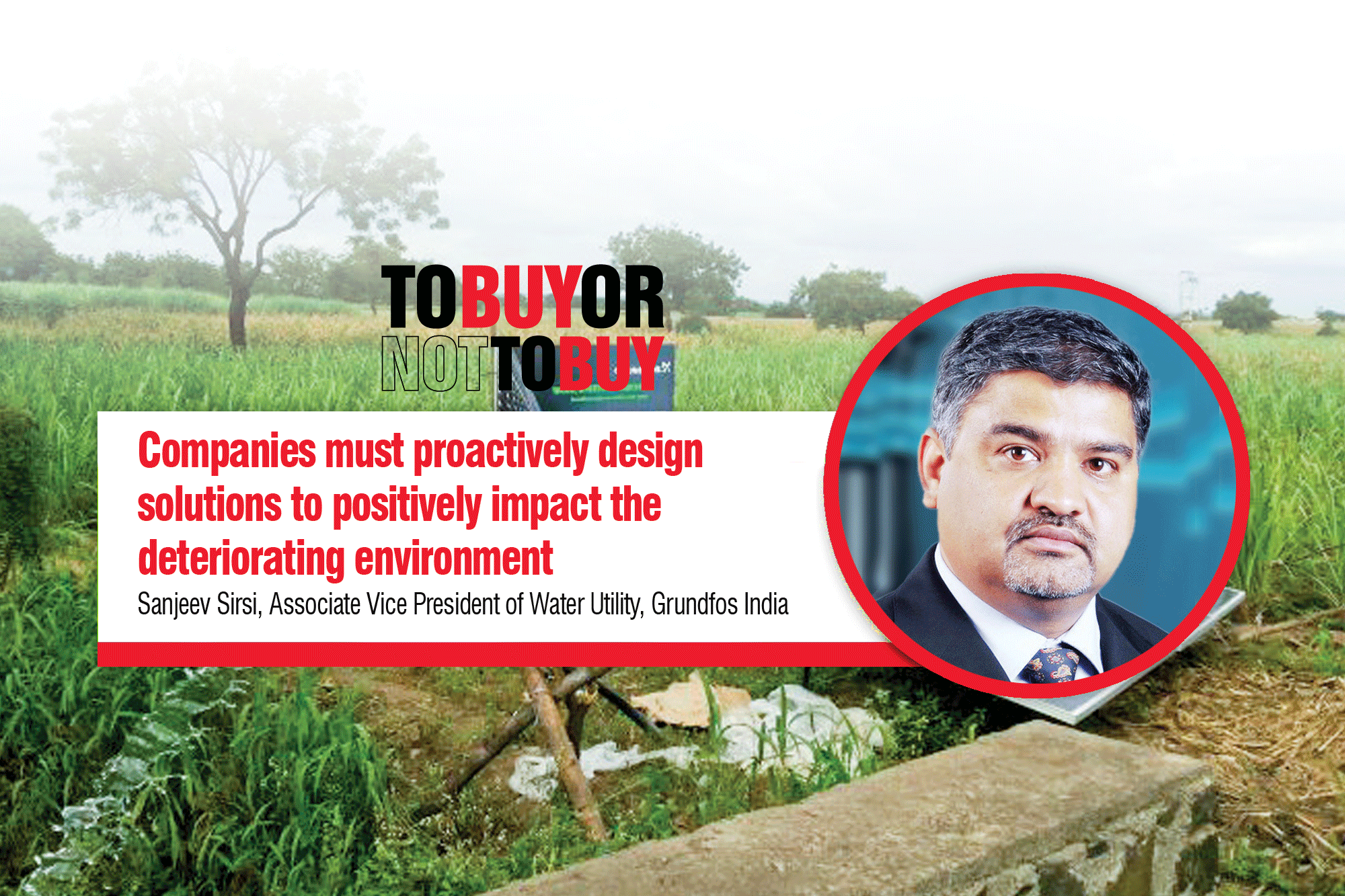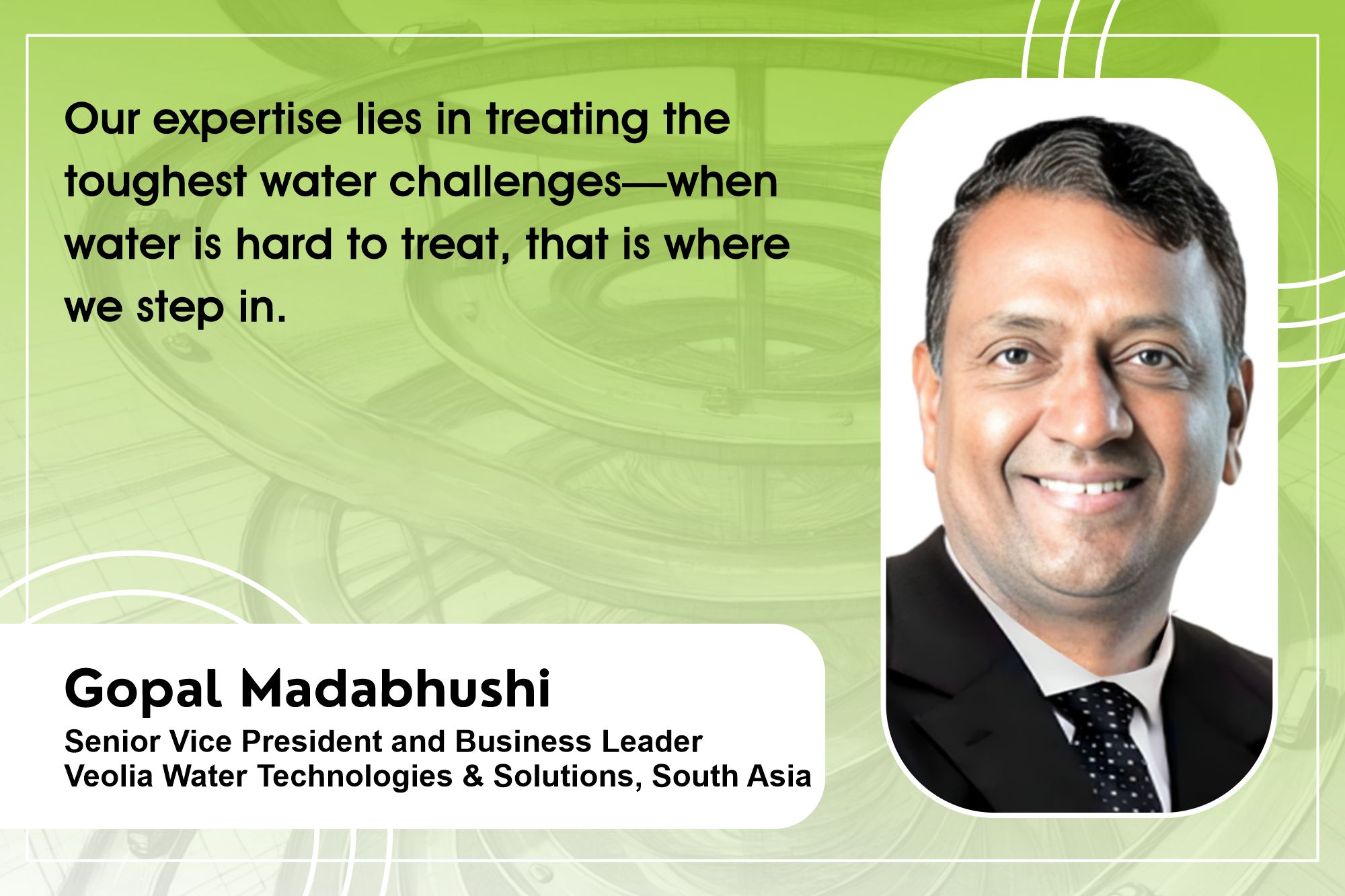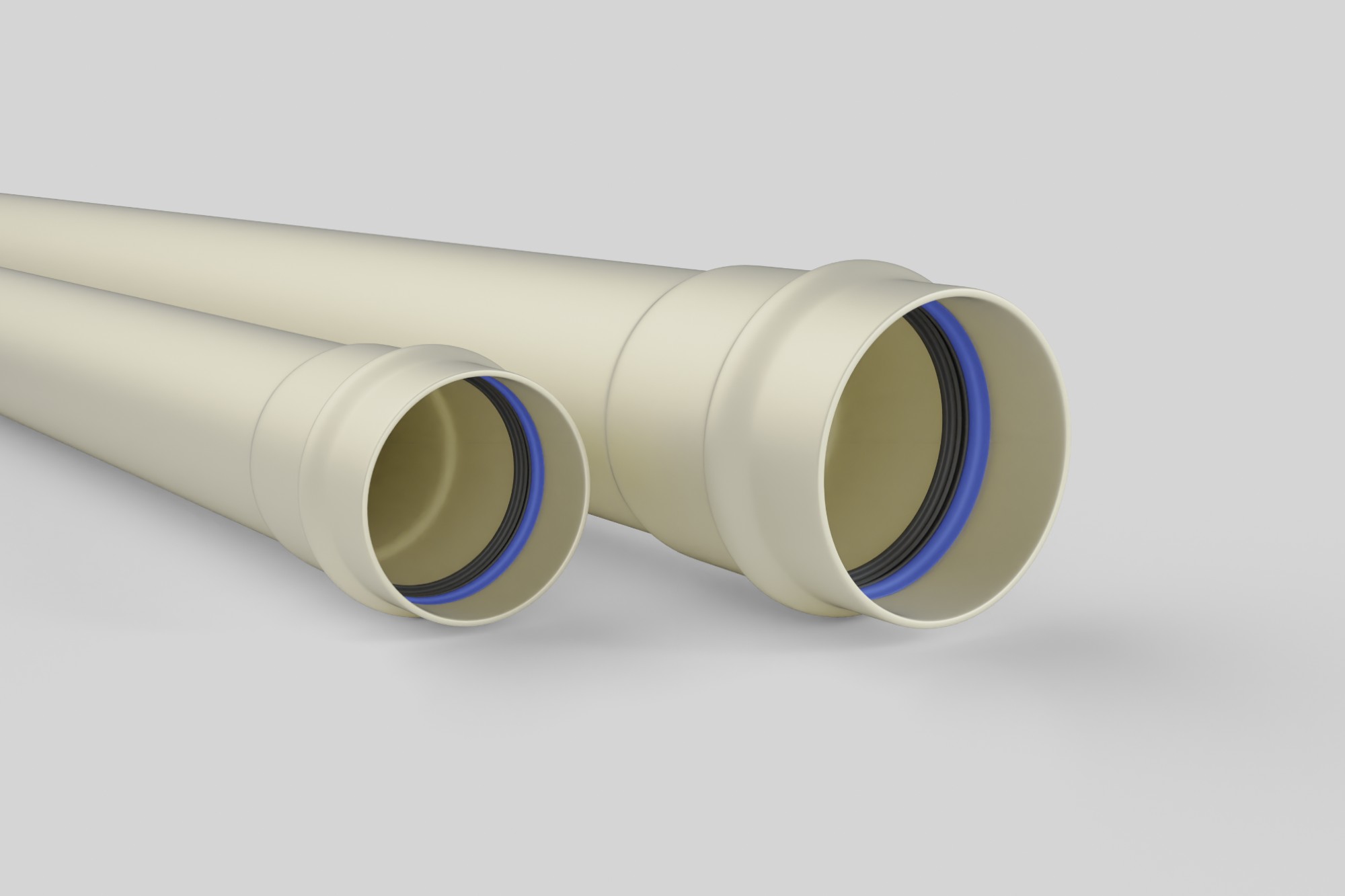Companies must proactively design solutions to positively impact the deteriorating environment
By Edit Team | November 1, 2019 5:14 am SHARE

The dependency on conventional power must be reduced by encouraging wide scale adoption of renewable energy. The government’s KUSUM initiative to provide solar pumps to farmers at a subsidized rate has largely helped this cause.
How effective is reuse of treated wastewater?
Recycling and reuse of treated wastewater are an important part of the sanitation cycle and is critical in an environment such as urban India with decreasing freshwater availability. Water reuse is of high importance given the droughts and erratic weather patterns in the country. Water reuse can be a possibility when its contaminants are greatly reduced. We are still relying on our freshwater reserves for multiple activities, and Grundfos firmly believes that there is a need for a mandate to strengthen the use of recycled water for more purposes that would eventually help with restoration of water levels in water bodies. The effectiveness of reuse of treated waste water is primarily dependent on the processes used for recycling and treatment, to make it useful for purposes such non-potable and a range of applications like cooling water for power plants, oil refineries and industrial processes across sectors like paper mills, toilet flushing, construction activities, agricultural irrigation and replenishing ground water basin. To increase the effectiveness of reuse of treated wastewater, it is critical that we reduce our dependence on natural resources. The focus also seems to grow on recycling and norms of zero liquid discharge. Using environmentally-friendly chemicals, decentralised treatment plants and energy efficient pumps solutions are some of the methods that needs to be adopted.
Suggest strategies for sustainable wastewater management. How can your products contribute to the same?
In India, we are experiencing a highly water-stressed environment and the inefficient use of wastewater can only add to the woes for the country. According to a report by Central Pollution Control Board, India has the capacity to treat approximately 37 per cent of its wastewater or 22,693 million litres per day. At Grundfos, sustainable wastewater methods focus on the 4R’s of water management. The four R’s imply reduction, reuse, recycling and recovery.
Using eco-friendly chemicals, decentralised treatment plants and energy efficient pumps and solutions are some of the methods that need to be adopted. Grundfos offers solutions that cater to all the requirements of wastewater processes from collection to intermediate pumping stations, treatment, substance removal, disinfection, stabilisation and monitoring. Reliability is a critical dependency in wastewater treatment plants and Grundfos’ intelligent pumps and technology is an embodiment of the highest level of reliability.
Grundfos has decades of experience developing controllers and monitoring systems for pumping solutions and manufactures its own pump motors for all fluid types and flow requirements. This ensures a perfect match with hydraulics, motors, electric, and all other mechanical components that make up a comprehensive pumping solution, ensuring the best possible efficiency point. Grundfos offers a broad range of equipment designed specifically for wastewater handling and treatment. The sustainability of a sewage treatment plant ensures that the solution is durable, cost effective and results in trouble-free operation. Sustainability is at the core of Grundfos, and given that on average 85 per cent of a normal pump system’s Life Cycle Cost (LCC) is energy costs, switching to Grundfos pumps with high-efficiency motor technology can mean a LCC reduction of up to 50% and a reduction in environmental impact.
Discuss the challenges faced by the industry?
Climate change and the subsequent water and power limitations have become inevitable. Companies associated with water management must proactively innovate solutions that will have a positive effect on the deteriorating environment. The dependency on conventional power must also be reduced by encouraging wide scale adoption of renewable energy. The government’s KUSUM initiative to provide solar pumps to farmers at a subsidized rate has largely helped this cause.
The situation of groundwater in the industry is another challenge as it is critical to find alternatives such as surface water and wastewater treatment, while using groundwater scarcely.
In addition to this, there is a rise in requirements for water related solution with applications in homes, commercial spaces, agriculture and industrial areas. Solutions need to be customized to meet the specific requirements of the customer.
How can water resources in India be used in the most economical way?
In the summer of 2019, India witnessed an unprecedented water crisis with its natural water bodies drying up and an erratic monsoon. Close to 50 per cent of the country faced drought situations especially in West and South India. With the possibility of ‘Day Zero’ becoming a reality in the near future for many cities, the country’s next steps will act as a catalyst in this situation.
For any water conservation initiative to be truly successful, it is important that the targeted public or community is educated on the situation in the country and is aware of the role they play.
The groundwater levels are at a critical level in the country hence alternative water sources need to be explored in a sustainable manner. Treated water, especially the surface water treatment is a relatively untapped area with a huge potential. About 80 per cent of the water used in different households leaves wastewater and this waste can be treated and used for non-potable activities.
While demand for clean and safe drinking water increases all over the world, water leakage presents another challenge. In many cities leakage is severe. For instance, in London, 1,000 million litres of clean water are lost every day. Other cities have recorded water losses of up to 70 per cent of water pumped.
Through a process called Demand Driven Distribution, Grundfos MPC Controller addresses the issue in two areas. Firstly, it can considerably reduce surplus water pressure in pipes and secondly, lower the risk of water hammer, which is a primary cause of new holes. This multi-pump solution operates at proportional pressure and ensures flow is supplied precisely as needed and at the pressure required. The MPC Controller works with all types of pumps. And, as well as delivering significant water leakage savings, its high-efficiency motors can also reduce energy consumption.
Sanjeev Sirsi, Associate Vice President of Water Utility, Grundfos India
Cookie Consent
We use cookies to personalize your experience. By continuing to visit this website you agree to our Terms & Conditions, Privacy Policy and Cookie Policy.




































-20240213125207.png)

























